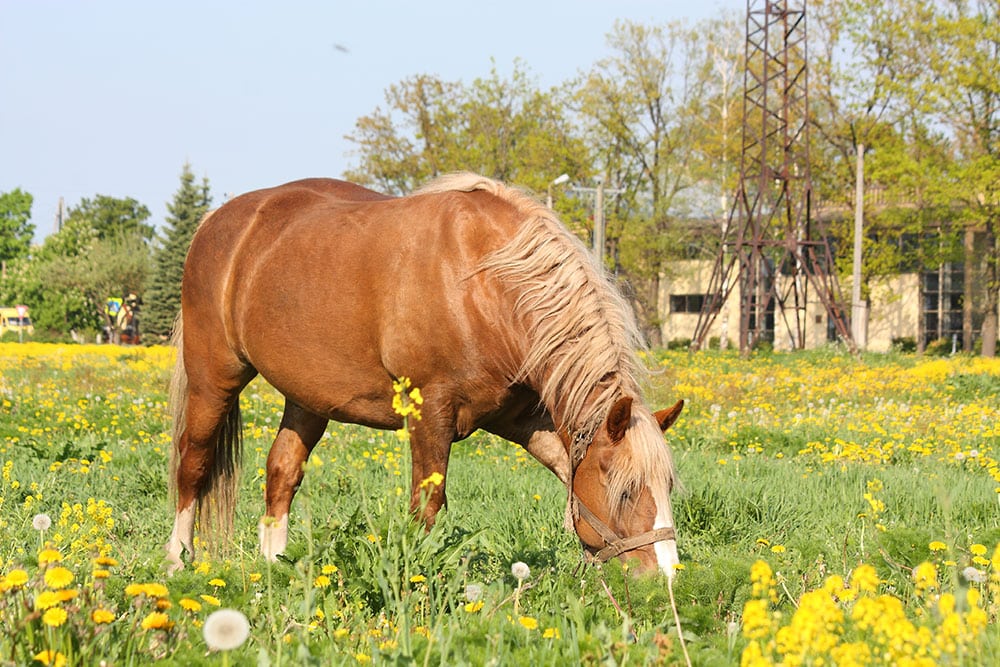
The Role of Carbohydrates in Horse Feed
Discover which horses can benefit from higher carbohydrate levels in their diets and the feeds that can supply them.

Discover which horses can benefit from higher carbohydrate levels in their diets and the feeds that can supply them.

Dr. Frank Andrews describes how you can reduce your horse’s risk of hindgut ulcers while helping him safely lose weight.

An equine nutritionist explains how horses use dietary fats for energy and why some metabolic horses might need additional fat sources.

An equine veterinary podiatrist says ice might help address this horse’s foot pain but won’t solve the main problem.

Discover what, when, and how to feed horses with metabolic issues such as EMS, ID, and PPID.

A nutritionist answers questions about the nutritional needs of older equids, covering topics such as senior feeds, metabolic disease, and helping horses gain weight.

If you suspect your horse has a metabolic disease, timely and accurate diagnostic testing is essential to developing a management plan.

Researchers suggest high-protein diets might be harmful for horses with ID.

Veterinarians should consider medications for controlling hyperinsulinemia in horses only when diet and exercise prove insufficient.

This new system might make testing sick horses’ blood glucose levels more efficient.

New research shows that veterinarians might need to allow several hours between transportation and testing for conditions such as PPID.

Dr. Luke Bass describes the unique joint changes that might be seen in horses with PPID and EMS.

Equine practitioners are using recent research in their day-to-day practice to diagnose PPID, EMS, and ID.

Hyperinsulinemia-associated laminitis has become a great risk for the health and welfare of domestic horses. Although medications for this condition exist, they cannot replace good management.

Horses with ID are at greater risk of developing laminitis. Knowing if your horse has a metabolic problem can help you prevent this painful condition.

One equine nutritionist explains how to ensure your horse’s diet does not contain dangerous levels of sugar.
Stay on top of the most recent Horse Health news with
"*" indicates required fields